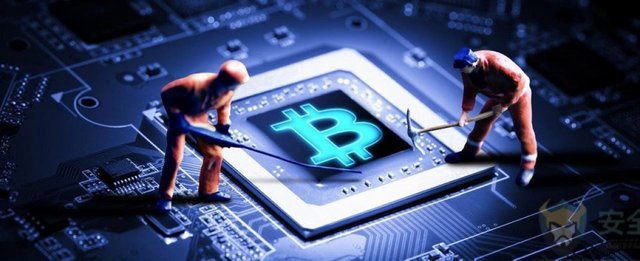What is Bitcoin Mining?

Bitcoin mining is the processing of transactions on a Bitcoin network and securing them into the blockchain.
Each set of transactions that are processed is a block. The block is secured by the miners. Miners do this
by creating a hash that is created from the transactions in the block. This cryptographic hash is then added
to the block. The next block of transactions will look to the previous block’s hash to verify it is legitimate.
Then your miner will attempt to create a new block that contains current transactions and new hash before anyone else’s miner can do so.
(Update:
Bitcoin Core is less usable as money due to much higher fees and delayed transaction times.
The Core team has also expressed an interest in keeping these fees high since they view
BTC as a “store-of-value” and not something to be transacted on a daily basis. In contrast,
Bitcoin Cash’s transaction fees cost pennies and payments can be validated even with zero
confirmations. These facts make BCH the ideal cryptocurrency for sending and receiving money anywhere in the world.)
Since the difficulty of Bitcoin mining is very high now people will pool their miners together to have a better
chance of creating a block and having it confirmed before other miners for a share of the current mining reward
which is 12.5 BTCs, plus any transaction fees. We will cover pool mining later in the guide.
The series of blocks is called the blockchain. The blockchain is like your checkbook register or a general ledger of transactions.
The way that Bitcoin mining secures the blockchain makes that ledger tamper-proof and immutable.
Each block once made into a block will be verified by nodes on a Bitcoin network.
This process is using Proof of Work. Proof of Work covers BTC transactions in a block and is what your Bitcoin ASIC Miner does.
Proof of Work explained:
“In order for a block to be accepted by network participants, miners must complete a proof of work which covers all of the data in the block.
The difficulty of this work is adjusted so as to limit the rate at which new blocks can be generated by the network to one every 10 minutes.
Due to the very low probability of successful generation, this makes it unpredictable which worker computer in the network will be able to generate the next block.
For a block to be valid it must hash to a value less than the current target; this means that each block indicates that work has been done generating it.
Each block contains the hash of the preceding block, thus each block has a chain of blocks that together contain a large amount of work. Changing a block
(which can only be done by making a new block containing the same predecessor) requires regenerating all successors and redoing the work they contain.
This protects the block chain from tampering.”
The process of Bitcoin mining while difficult on the technical side to to fully understand can be easily mined by anyone.
Miners secure the network by using Proof of Work and creating a hash for each block that is mined, so the blockchain keeps
an immutable record of all transactions taking place on the network.
Bitcoin mining is competitive, you want to solve or “find” a block before anyone else’s miner does. Then you will get the block reward
and transaction fees from the block. During the last 3 years we have seen an incredible amount of hashrate coming online which made it
harder and harder to have enough hashrate personally to solve a block thus getting the payout. To compensate for this pool mining was developed.
Bitcoin.com has launched it’s own mining pool with competitive pricing, which you can register for and begin mining today.